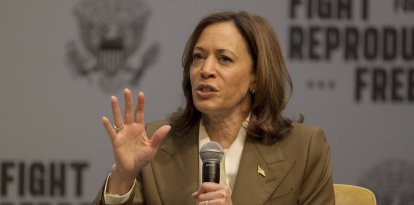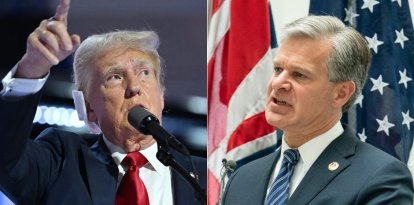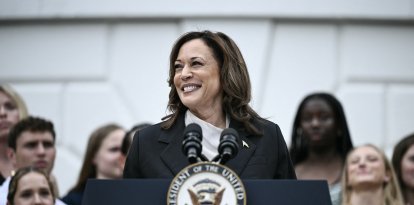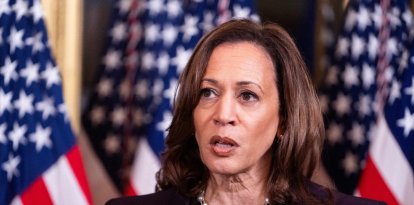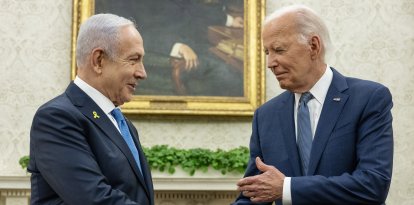Dutch agriculture minister in charge of radical climate agenda resigns
Henk Staghouwer left the Ministry amid protests from the agricultural sector in the Netherlands, which has been forced to close farms to meet the government's environmental requirements.
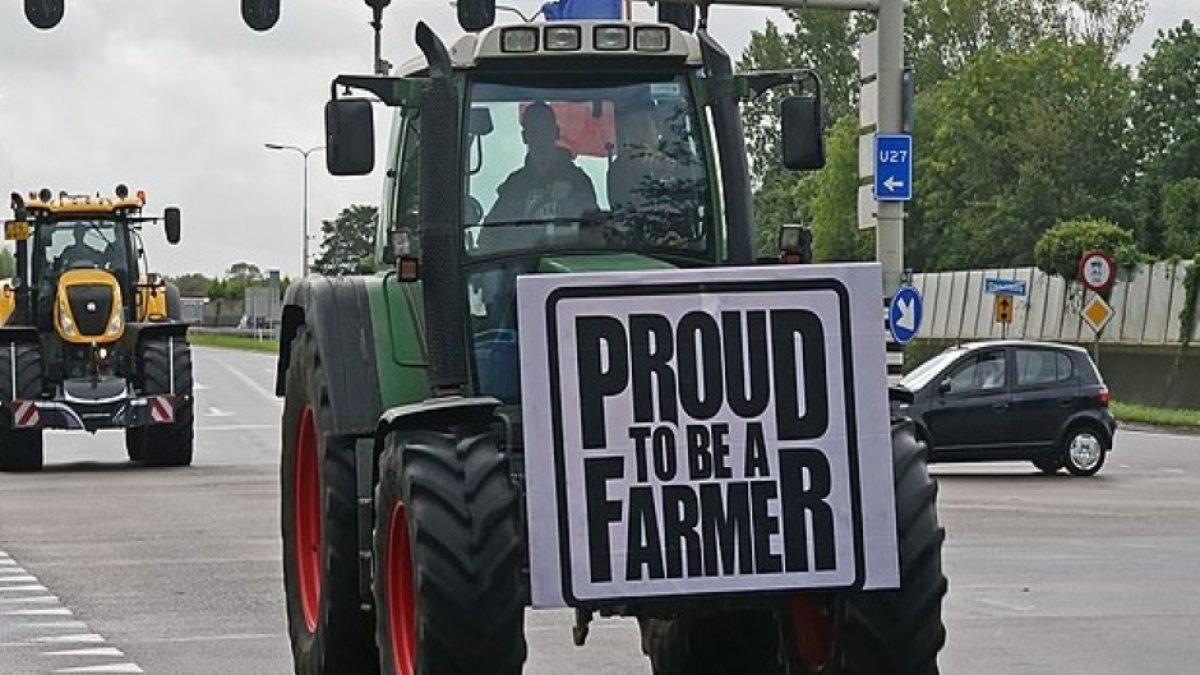
(Kees Torn/Wikimedia)
Henk Staghouwer, the Dutch Minister of Agriculture, was forced to resign following weeks of protests by Dutch farmers against the Dutch government's radical climate program, which envisages the closure of large numbers of farms in the name of the environment.
The Minister of Agriculture tendered his resignation on the 5th, in the midst of negotiations with the agricultural sector, stating that "I am not the right person to lead the main tasks in agriculture, horticulture and fisheries at the moment". Farmer protests prevented him from presenting his transition plan scheduled for mid-September.
Staghouwer, 60, was in charge of the sector's transition. The intention of the Dutch government is to move the country away from intensive agricultural practices to reduce nitrogen emissions and comply with European Union plans. In an effort to meet these objectives, government plans include the confiscation of farms in a compulsory government takeover plan.
Radical 'green agenda
Farmers and ranchers in the Netherlands have been denouncing the authoritarian drift of the government led by Mark Rutte for weeks. Encouraged by Brussels, the Dutch administration is imposing severe restrictions on farming activity in order to be able to carry out their activity. The aim, according to the bureaucracy, is to meet the goals of the 2030 Agenda by reducing nitrogen emissions from farms and fields by 50% by that year. A requirement that reaches a 75% reduction in emissions in protected nature reserves known as Natura 2000 areas.
It is estimated that more than 11,000 farms (one in five) will have to close and that a total of 29,000 farms will be affected
by this green requirement. According to estimates by the Dutch Ministry of Finance, more than 17,000 livestock owners will have to reduce their livestock herds, pushed by Brussels and their own government, which blames manure and fertilizers for the country's high nitrogen levels.
Minister for Poverty Policy Carola Schouten will be in charge of continuing the transition policy. The Dutch government is allocating more than $24 billion to policies aimed at reducing emissions by 2030.













